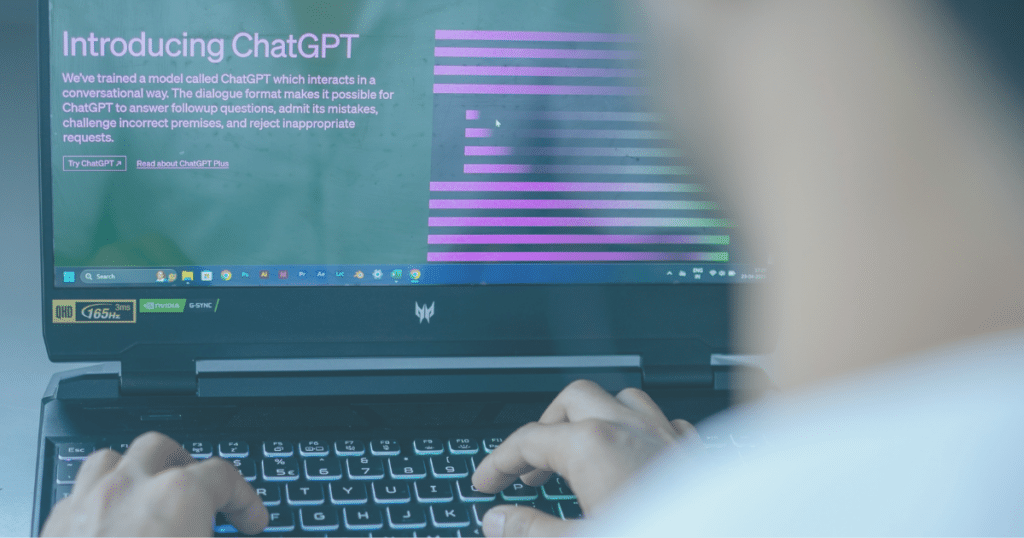Why Software Developers Licence Their Intellectual Property

And why they don’t transfer ownership
Ownership of intellectual property is a common contractual battleground in software transactions, and it often comes from the end client’s belief that, in paying for the service, they own the products created by the software developer. In some instances that may well be the case — we do act for clients who do hand over source code and the intellectual property licence — however, in many instances, developers hold onto the software patents for their products and services, and here are three reasons why:
1. The developer’s code is their core business asset
Many software developers have a core product or core code that they have spent time and resources developing and are continuously improving upon. This core code is often used as the starting point for development projects. If the developer transfers ownership of this IPR to one end client, they would still need to reuse the IPR to develop other products for other clients (which is not an option!).
There is therefore a desire to licence the intellectual property in software development that copyright protects the core code, ensuring their goods or services can legally reuse that code without running into any issues.
2. The project price does not reflect the “start from scratch” position.
Starting with a core product or core code means that the end client gets the benefit of the often years of time and resources ploughed into that, and the price of the project most definitely does not reflect that entire cost.
The price of buying those rights and ultimately the business is a very different price to buying a product.
A lot of developers take pragmatic decisions (like we do). If there is anything that is a little tricky, requires a bit more thought, if there are benefits to ploughing that code back into the business, a developer may take that into account when pricing a project. Not having legal protection for their code after the project ends will also factor into pricing when signing a written contract, and therefore in some ways a client might find it more financially viable to pay for the service and not the “trade secrets” behind it.
3. A developer cannot sell what it does not own
Software is often an amalgamation of a variety of third party sources. While the developer will have ownership rights in the code it has developed in-house, if it is relying on third-party licences or open-source software as part of its product architecture (as is often the case), then it would not be able to “sell” those aspects of the product as it does not own them.
This is usually dealt with in various licensing agreements, but goes to show that acquiring an IP licence is not a catch-all for everything that went into a piece of work. As a result, developers tend to licence what they own themselves as an irrevocable perpetual licence, for example.
IP licences protect hard work
Ownership and licensing is very complex and ultimately has to be driven by the supplier’s commercial model. At the end of the day, the above is about protecting the supplier’s asset and that may actually involve educating the end client. Of course, it may be the case that ownership is appropriate, but that is another blog for another day.
Want to learn more about how software development can transform your business? Get in touch with Talk Think Do today.

Get access to our monthly
roundup of news and insights
You can unsubscribe from these communications at any time. For more information on how to unsubscribe, our privacy practices, and how we are committed to protecting and respecting your privacy, please review our Privacy Policy.
See our Latest Insights
Why AI Doesn’t Mean the End of Human-Led Thinking and Delivery
“There will come a point where no job is needed… AI will be able to do everything.” This statement by Elon Musk reflects a lot of the general attitude towards AI in 2024. Despite the benefits AI poses towards businesses, there’s still a level of scepticism, worry, and even fear. Are these feelings justified? In…
Generative AI: Transforming Software & Product Delivery Across Businesses
Code documentation, generation, and refactoring tasks can all be completed faster with generative AI (GenAI). I’m already seeing the significant shift in how software developers and product delivery managers are working — which is definitely promising. However, research and experience both tell us that AI tools still struggle to deliver when it comes to more…
AI Integration Challenges: Common Risks and How to Navigate Them
I’ve noticed two different kinds of businesses running in the AI race today. One sort are those that are far ahead of the competition, with AI fully integrated into their day-to-day operations and ways of working. And the second are still stuck at the starting line. If you’re in the latter camp, you’re not alone:…
Legacy systems are costing your business growth.
Get your free guide to adopting cloud software to drive business growth.





